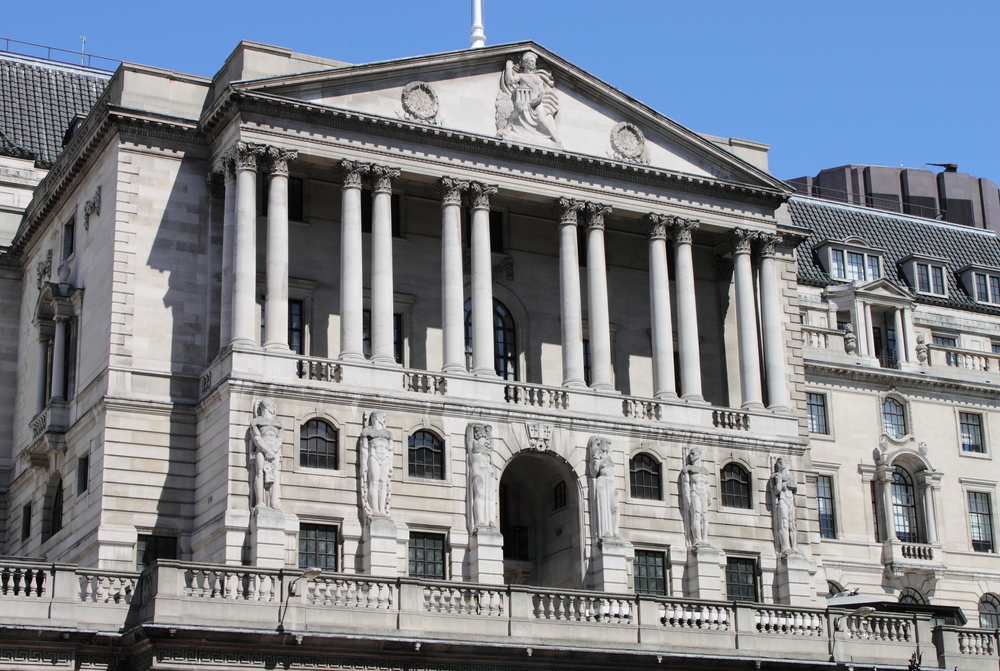News
Base rate rises to 0.75%

The Bank of England has raised the base rate to 0.75%, just the second time it has been hiked in a decade.
Members of the Monetary Policy Committee voted unanimously to raise the base rate by 0.25%, taking it to 0.75%.
The last time the base rate was above 0.5% was in February 2009 when it stood at 1%, and in November 2017, interest rates rose from 0.25% to 0.5%, 15 months after they were dropped to an unprecedented low.
The move came as no surprise as the markets were pricing in a 91% chance of a rate hike, but it does come in the face of weak and fragile UK economic growth figures.
But the MPC said that the recent data which showed a dip in output in the first quarter was temporary, as momentum recovered in the second quarter. GDP is also expected to grow by 1.75% per year on average and given the low unemployment, it is projected to fall a little further.
Turning to inflation, which stood at 2.4% in June, the MPC said it stands above the 2% target due to “external cost pressures”, resulting from sterling’s past depreciation and higher energy prices. But these pressures are projected to ease over the forecast period while domestic cost pressures are expected to rise.
As such CPI inflation is expected to come in at 2.5% in Q3 2018, 2.2% in Q3 2019, 2.1% in Q3 2020 and will fall to the targeted 2% in Q3 2020.
Minutes from the MPC meeting noted: “Taking these influences together, and conditioned on the gently rising path of Bank Rate implied by current market yields, CPI inflation remains slightly above 2% through most of the forecast period, reaching the target in the third year.
“The MPC continues to recognise that the economic outlook could be influenced significantly by the response of households, businesses and financial markets to developments related to the process of EU withdrawal.
“The Committee judges that an increase in Bank Rate of 0.25 percentage points is warranted at this meeting.
“The Committee also judges that, were the economy to continue to develop broadly in line with its Inflation Report projections, an ongoing tightening of monetary policy over the forecast period would be appropriate to return inflation sustainably to the 2% target at a conventional horizon. Any future increases in Bank Rate are likely to be at a gradual pace and to a limited extent.”
See YourMoney.com’s Base rate rise: what it means for your mortgage for more information.